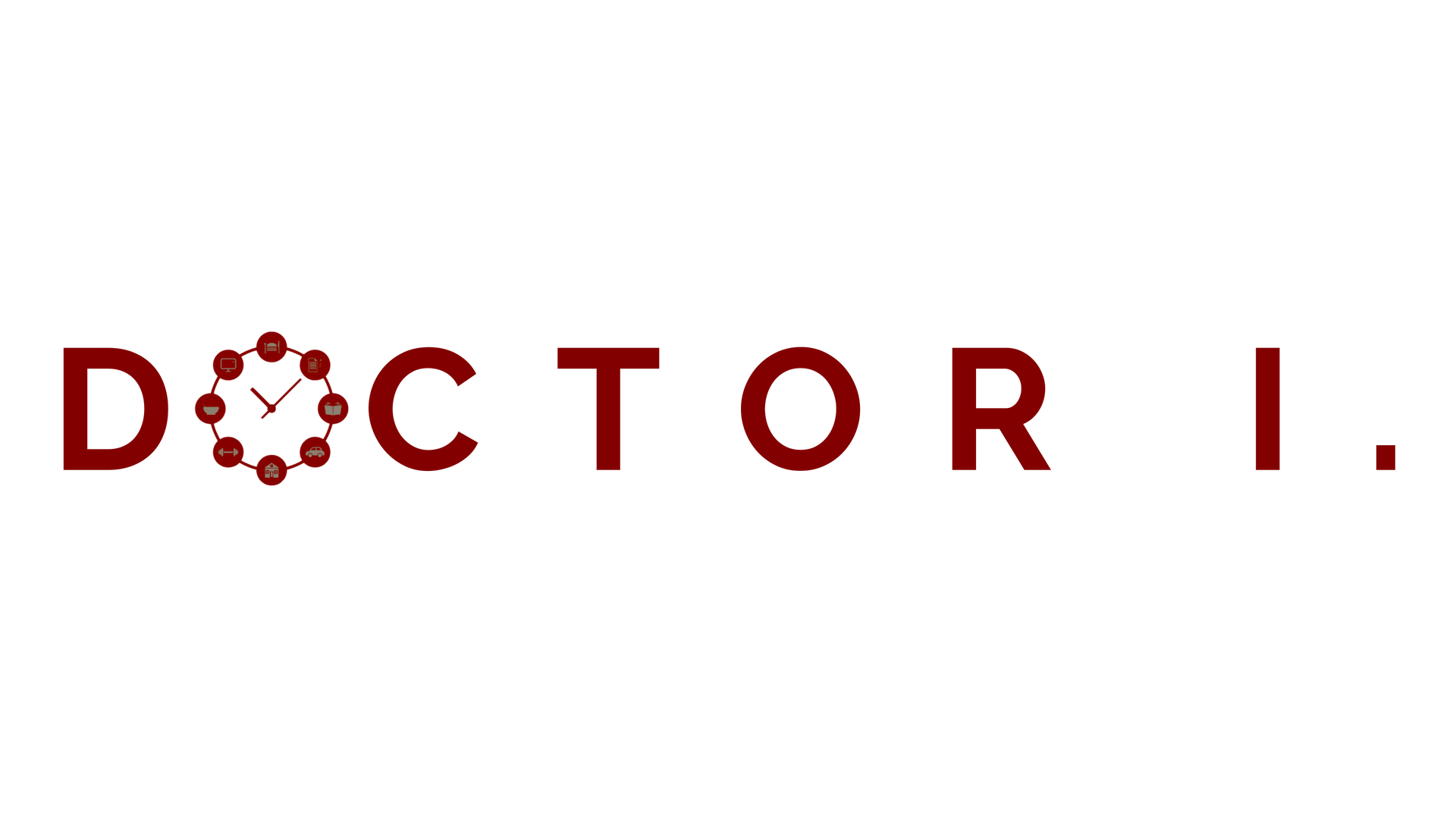Discovering Collateral Value – Even In Bad Times
REGARDLESS WHAT YOU CAMP YOU FALL INTO — or even if you think COVID has wrought nothing but misery — there is collateral value, not just damage — to what we have been experiencing since March 2020. We have learned many lessons by having our “routine life,” that we assumed to be stable, taken away. Shutdowns and stringent public health orders prevented us from experiencing the structured existence we had grown to expect and enjoy.
Now we can take these lessons and make them part of our life and routines. Routines in themselves give us stability, balance, and physiological homeostasis.
Unable to partake in eating out, many of us learned to be better cooks. Economically, this was a boon for producers of appliances like grills and frying pans. Cooking and eating at home also meant more togetherness with loved ones. In fact, so many families took up the art of baking, it led to a flour shortage in the U.S. according to Bloomberg Businessweek.
When indoor fitness venues, gyms, and yoga studios closed, it forced many of us to find new ways to become and stay healthy. We started walking and getting more
fresh air. We took to hiking trails with loved ones, which allowed us more time together, strengthening familial bonds while enjoying nature.
Golfing made a comeback. And much like the flour shortage, we saw the same trend with the run on bicycles. We saw swimming pool sales exploded in the past two years and home improvement hit record heights.
Backyards were transformed into oases for social connectivity — even if for only a small number of family and friends. We also witnessed a surge of pet adoption leading to greater companionship between human and critters alike.
COVID shone a spotlight on how adaptive people are by nature. Now that some of the pandemic restrictions are lifting, we can continue utilize the routine lessons we have learned. You might consider:
• Start the day with a positive daily affirmation
• Cook, prepare, gather for one meal at home every day.
• Participate in one outdoor activity daily.
• Schedule and organize days with family and friends to strengthen bonds.
• Take daily time out in the afternoon for a moment of “quiet time.”
Ultimately, the disease’s long-term effects on the economy, politics, and mental health remain to be seen. For now, let us acknowledge that even something this seemingly negative and disruptive offers benefits. It’s how we are wired. Most of all, it’s encouraging to witness an increased value on presence, not just via Zoom, but in-person. Bereft of so many physical experiences we counted on as part of our routine, we have come to appreciate the people in our lives. Perhaps this gratitude will continue and even increase long after we regain normalcy.
It’s my hope that in spite of so much disruption, you find what is most valued and meaningful.

